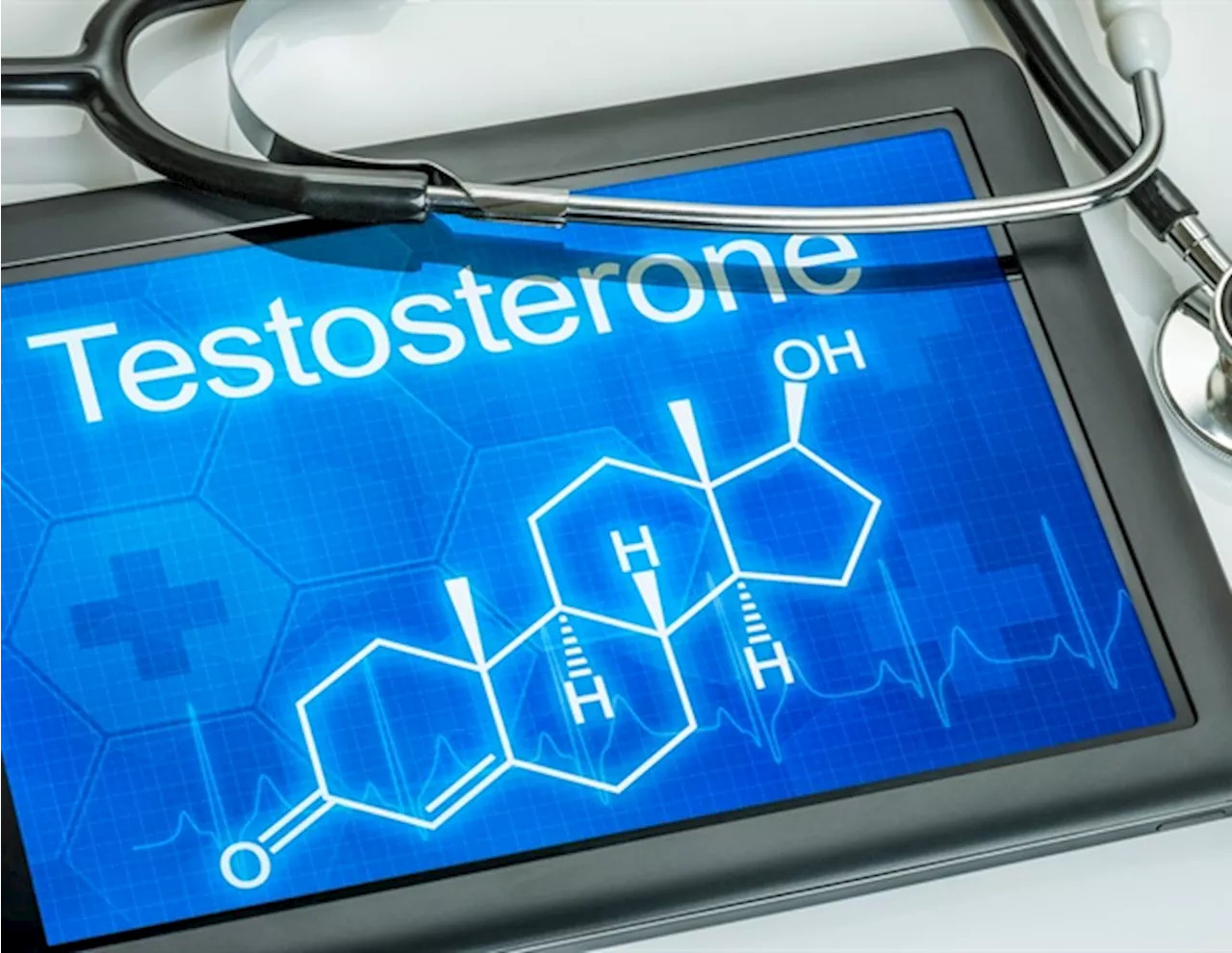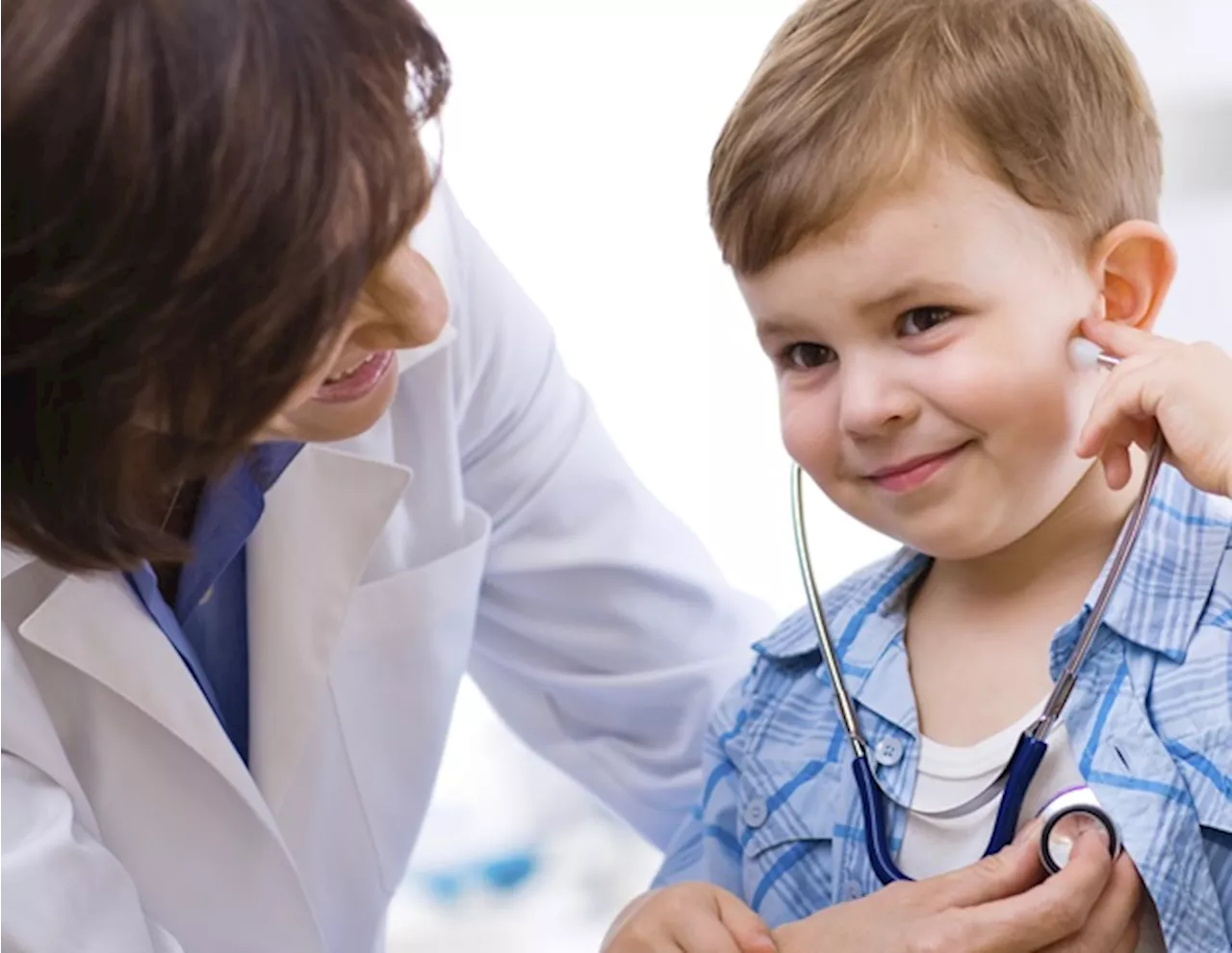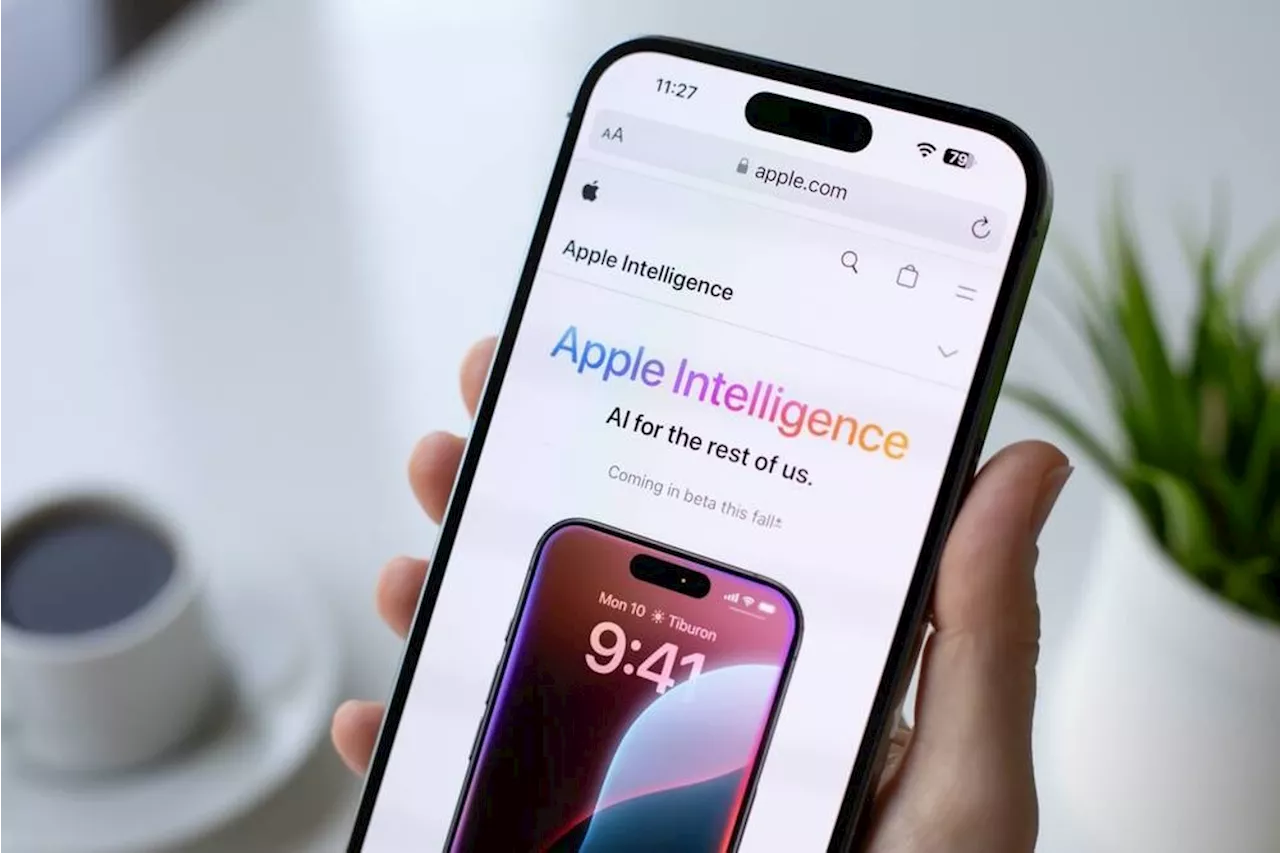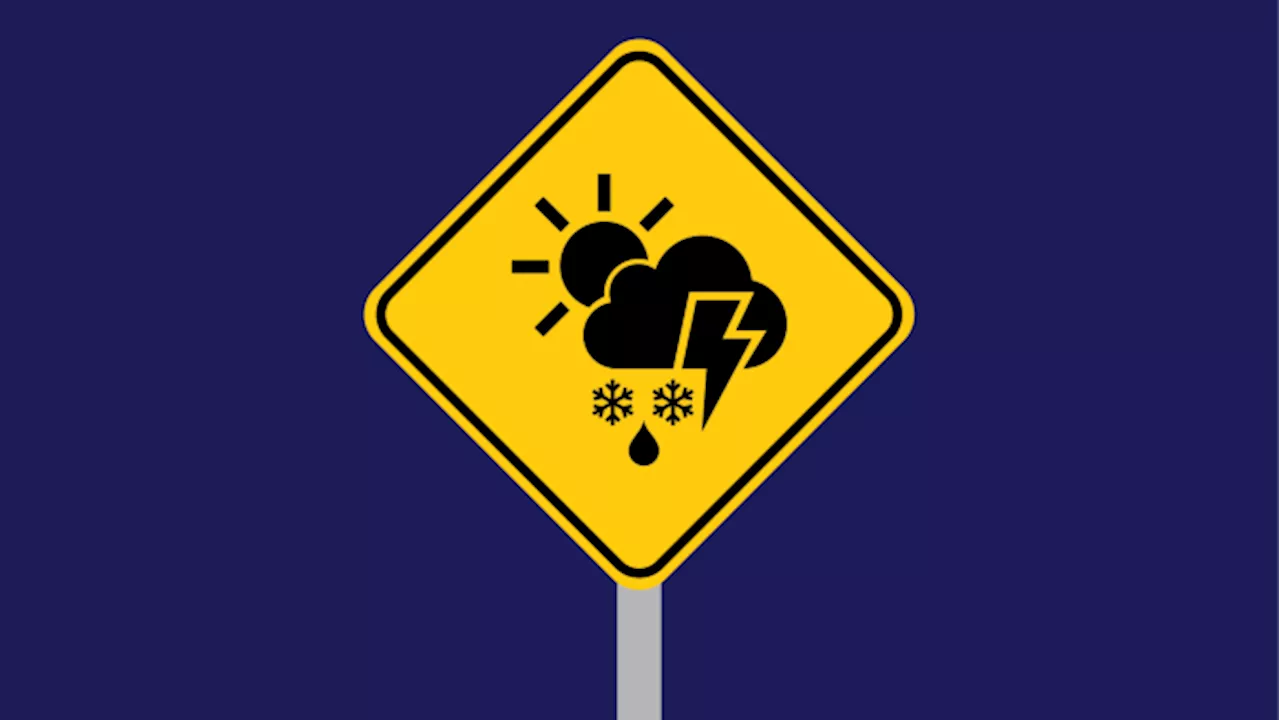This article explores the limitations of forecasts, highlighting that accuracy alone doesn't guarantee usefulness. It uses examples of past warnings, such as the prediction of a global pandemic in 2019 and Hurricane Katrina in 2005, to illustrate how timely and actionable forecasts are crucial for effective response.
Here’s the problem with forecasts: some of them are right, and some of them are wrong, and by the time we find out which is which, it’s too late. This leads to what we might call the forecasting paradox: the test of a useful forecast is not whether it turns out to be accurate, but whether it turns out to prompt some sort of useful action in advance. Accuracy may help, but then again it may not. Forewarned is not necessarily forearmed.
Consider the challenge I was set when speaking at a post-pandemic conference. One questioner told me that at the previous conference, in late 2019, the keynote speaker — a famous scientist — had warned of the risk of a global pandemic. Could I offer a better forecast than that? It depends on what you mean by better. Could I offer a more timely, accurate forecast about a question of global consequence? Of course not. But could I offer a more useful forecast? Probably. The bar had been set lower than you might think. The 2019 audience had heard a generic warning that there might be some kind of pandemic one of these days, collectively shrugged and done nothing. Neither they nor the speaker realised the pandemic in question was just weeks away and none of them were in a position to do much about it anyway. The forecast had been brilliant — and useless. Twenty years ago, the forecasts of disaster facing New Orleans should have fared better. The Federal Emergency Management Agency had warned that one of the three most probable catastrophes facing the US was a hurricane striking low-lying New Orleans. As the storm closed in, in 2004, newspapers described every detail of the risk, from a failure of the levees to the impossibility of a mass evacuation and the prospect of hundreds or even thousands of deaths. At the last minute the hurricane — Ivan — turned aside. Yet the prophecies of doom came true in almost every respect a year later when in 2005 Hurricane Katrina devastated New Orleans
FORECASTING PREDICTION USEFULNESS HURRICANE DISASTER PREVENTION
United Kingdom Latest News, United Kingdom Headlines
Similar News:You can also read news stories similar to this one that we have collected from other news sources.
 Concerns grow over accuracy and safety of direct-to-consumer health testsBetter information and regulation are essential to protect consumers from potential harms of tests advertised directly to consumers, argue experts in The BMJ today.
Concerns grow over accuracy and safety of direct-to-consumer health testsBetter information and regulation are essential to protect consumers from potential harms of tests advertised directly to consumers, argue experts in The BMJ today.
Read more »
 AI-generated handoff notes: Study assesses safety and accuracy in emergency medicineResearchers develop and evaluate the accuracy, safety, and utility of large language model-generated emergency medicine handoff notes.
AI-generated handoff notes: Study assesses safety and accuracy in emergency medicineResearchers develop and evaluate the accuracy, safety, and utility of large language model-generated emergency medicine handoff notes.
Read more »
 Metabolomic biomarkers improve diabetes risk prediction accuracyResearchers developed a novel diabetes risk score integrating traditional factors with metabolomic biomarkers, achieving improved prediction accuracy for 10-year type 2 diabetes risk.
Metabolomic biomarkers improve diabetes risk prediction accuracyResearchers developed a novel diabetes risk score integrating traditional factors with metabolomic biomarkers, achieving improved prediction accuracy for 10-year type 2 diabetes risk.
Read more »
 Negative Language in Doctor Handoffs Linked to Reduced Empathy and AccuracyA new study shows that when doctors and nurses use negatively biased language during patient handoffs, it can lead to decreased empathy and even less accurate recall of critical health information. The study, published in JAMA Network Open, highlights the potential impact of unconscious bias on patient care.
Negative Language in Doctor Handoffs Linked to Reduced Empathy and AccuracyA new study shows that when doctors and nurses use negatively biased language during patient handoffs, it can lead to decreased empathy and even less accurate recall of critical health information. The study, published in JAMA Network Open, highlights the potential impact of unconscious bias on patient care.
Read more »
 New Software Simulates Cell Signaling Networks with Unprecedented AccuracyUC San Diego researchers develop SMART software to model complex cell signaling networks, advancing research in life sciences.
New Software Simulates Cell Signaling Networks with Unprecedented AccuracyUC San Diego researchers develop SMART software to model complex cell signaling networks, advancing research in life sciences.
Read more »
 Apple's AI Summarizer Sparks Concern Over Accuracy and ResponsibilityPress freedom advocates are criticizing Apple's new AI feature, Apple Intelligence, for generating inaccurate news summaries. Specifically, the system incorrectly reported the suspected shooter in the UnitedHealthcare CEO incident, Luigi Mangione, had killed himself. This incident, along with previous instances of inaccurate reporting, has raised concerns about the reliability of AI for producing information for the public. RSF is calling on Apple to remove the feature from its operating systems.
Apple's AI Summarizer Sparks Concern Over Accuracy and ResponsibilityPress freedom advocates are criticizing Apple's new AI feature, Apple Intelligence, for generating inaccurate news summaries. Specifically, the system incorrectly reported the suspected shooter in the UnitedHealthcare CEO incident, Luigi Mangione, had killed himself. This incident, along with previous instances of inaccurate reporting, has raised concerns about the reliability of AI for producing information for the public. RSF is calling on Apple to remove the feature from its operating systems.
Read more »
